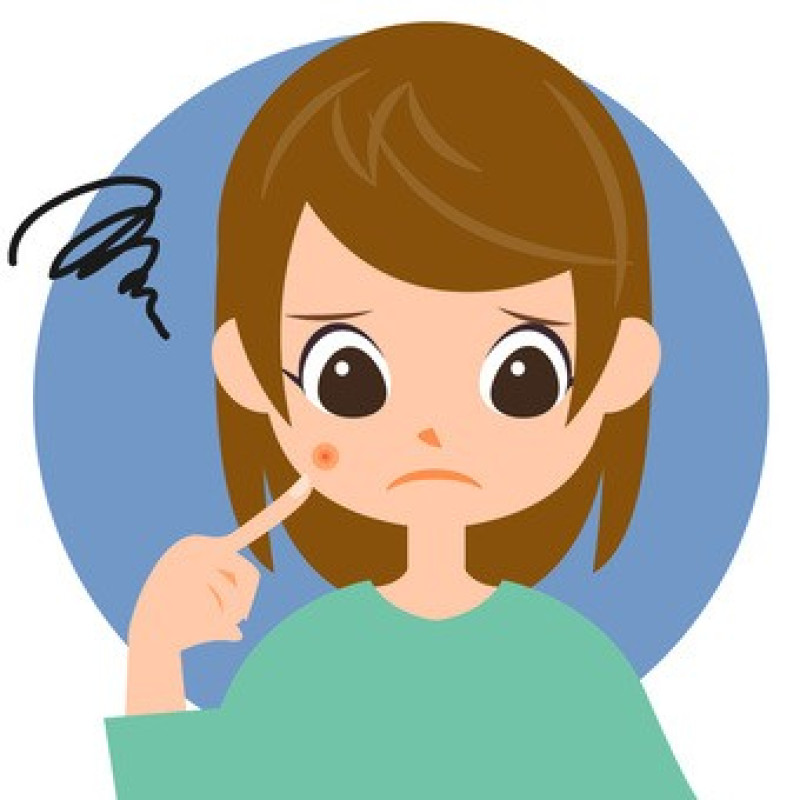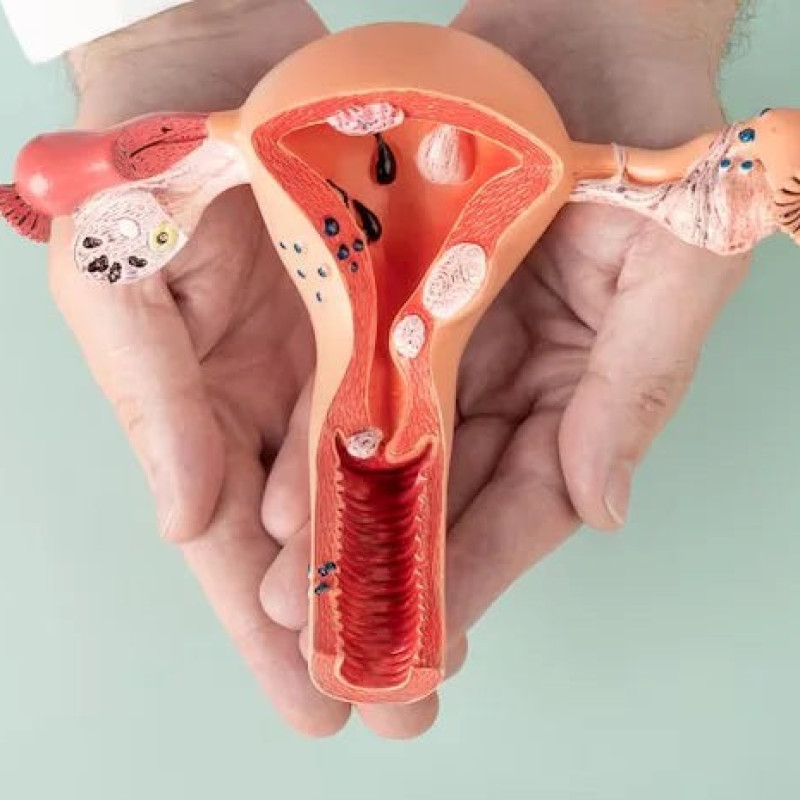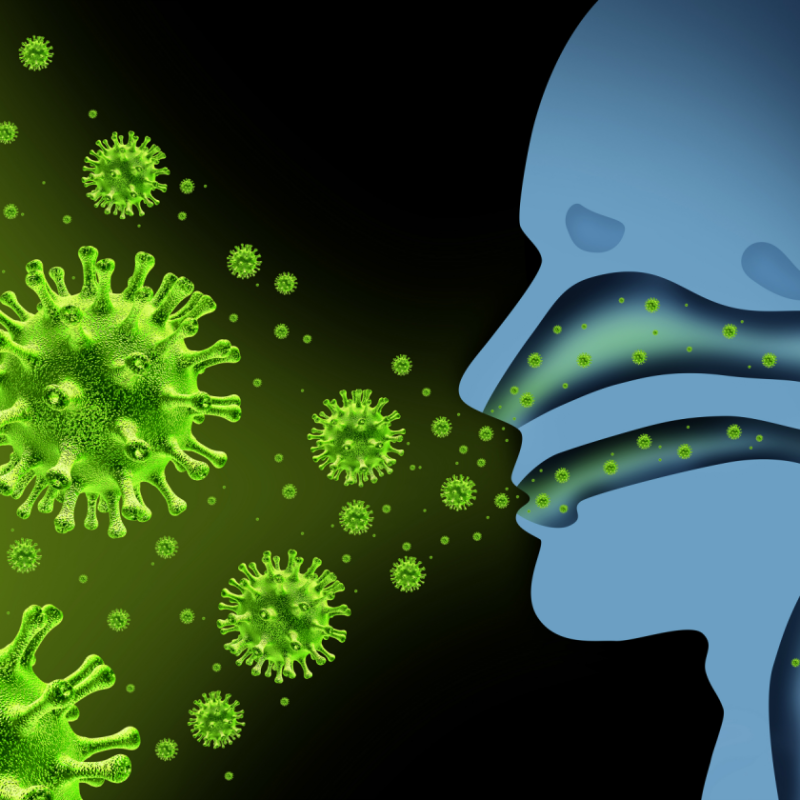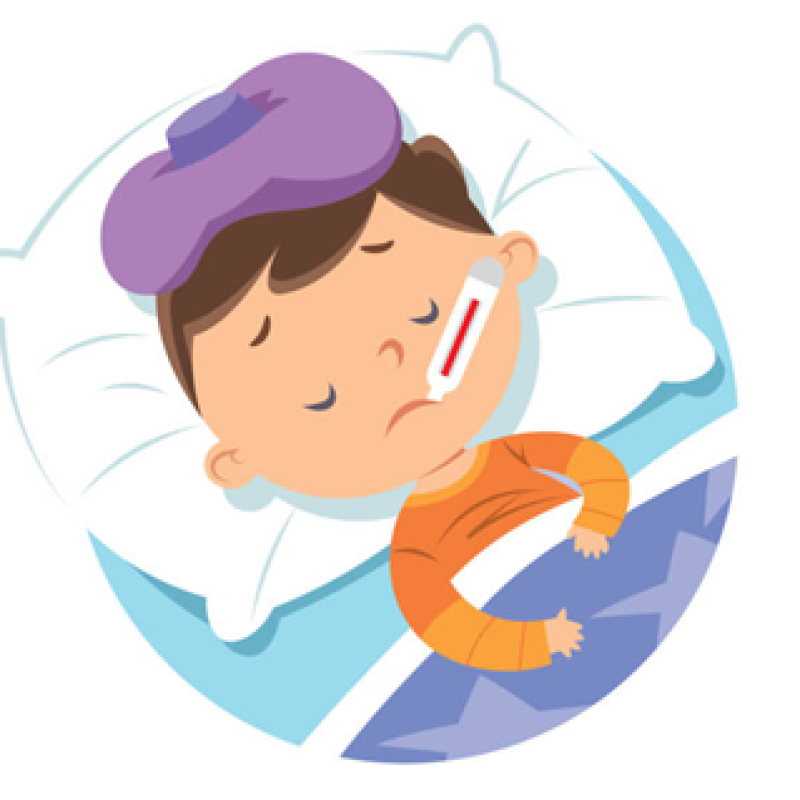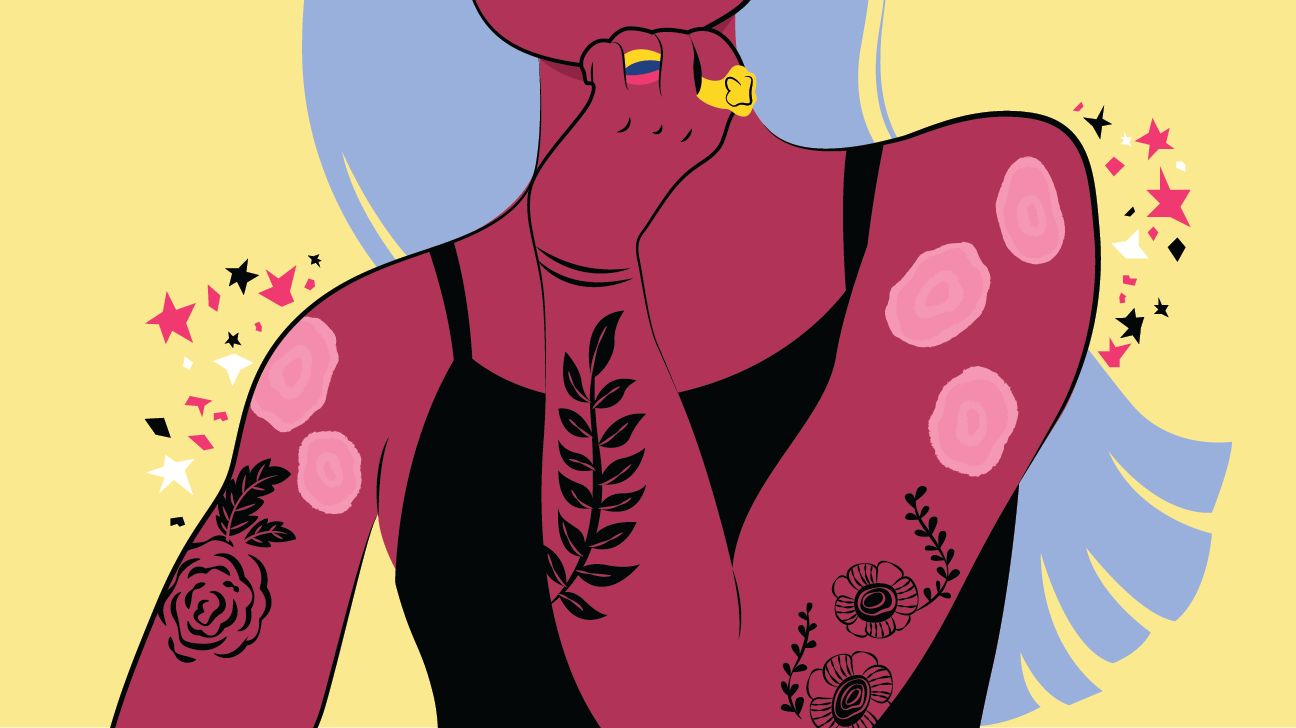
Ringworm infection, contrary to its name, is not caused by a worm, but rather a common fungal infection that affects the skin, nails, and scalp. Also known as dermatophytosis or tinea, this contagious condition can be uncomfortable and distressing. In this blog, we will delve into the causes, symptoms, treatment options, and preventive measures to help you understand and manage ringworm infection effectively.
What is Ringworm?
Ringworm is a fungal infection caused by dermatophytes, a group of fungi that thrive on the dead cells of the skin, hair, and nails. Contrary to its name, it does not create worm-like parasites in the body. The fungi responsible for ringworm are highly contagious and can be transmitted through direct contact with an infected person or animal, or by touching contaminated objects or surfaces.
Symptoms:
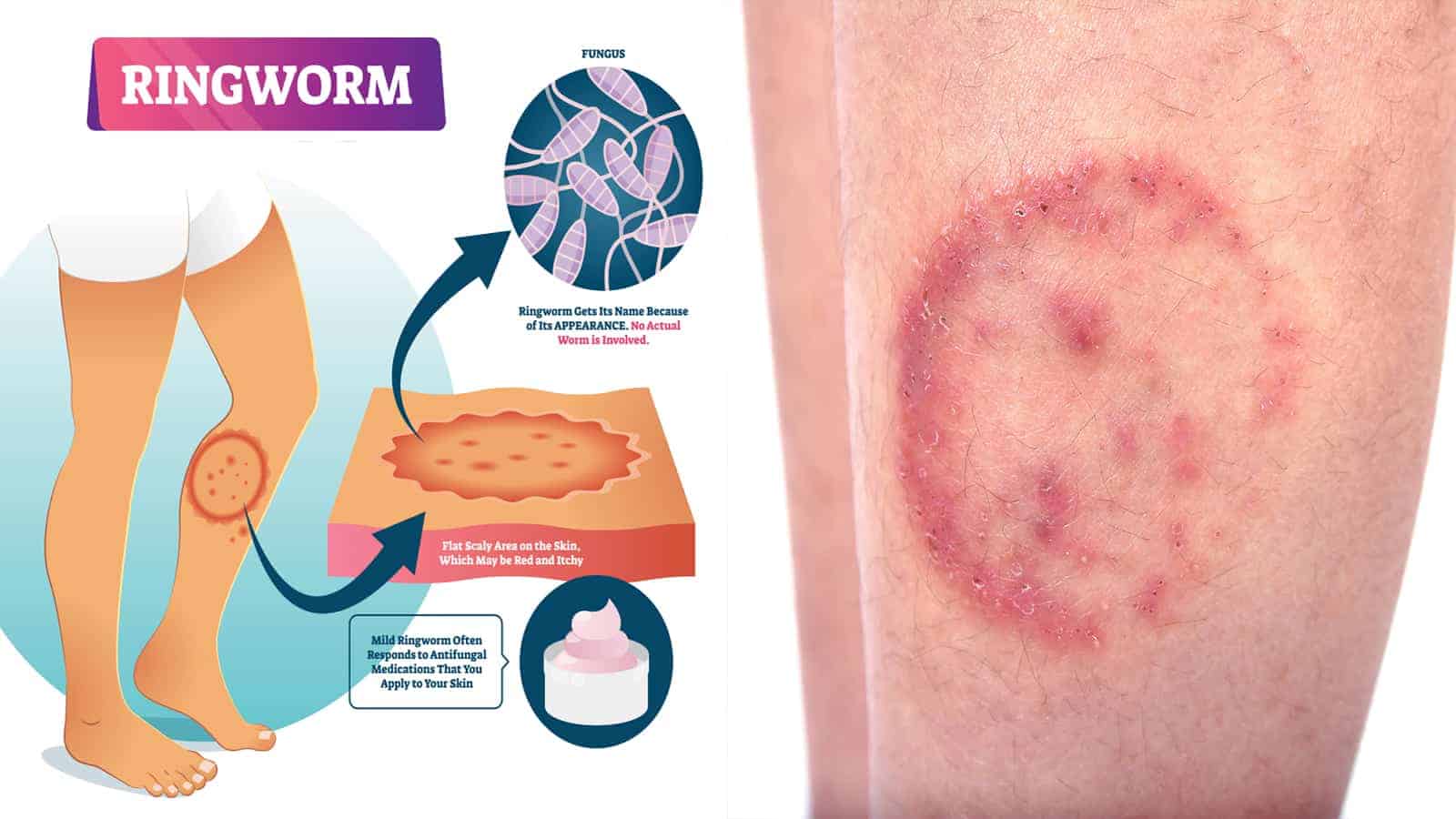
The symptoms of ringworm can vary depending on the affected area. Common signs of ringworm infection include:
- Red, itchy, and scaly patches on the skin, often with a circular or ring-shaped appearance.
- Raised, blister-like lesions with defined edges.
- Brittle, discolored nails that may become thickened or crumble.
- Scalp involvement can lead to patchy hair loss and scaling.
Treatment:
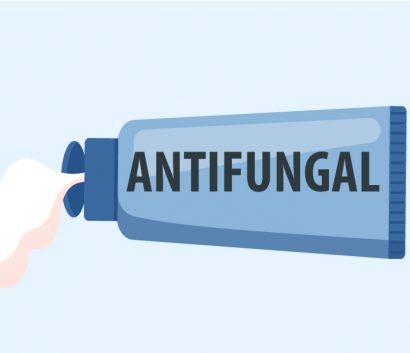
Ringworm is usually treatable and rarely poses a serious health threat. The treatment approach depends on the severity and location of the infection. In mild cases on the skin, topical antifungal creams, ointments, or powders are often prescribed. For more severe or widespread infections, oral antifungal medications may be necessary.
It is important to follow the prescribed treatment regimen diligently and continue it for the recommended duration, even if the symptoms improve. Stopping the treatment prematurely could lead to a recurrence of the infection.
Home Remedies and Care:
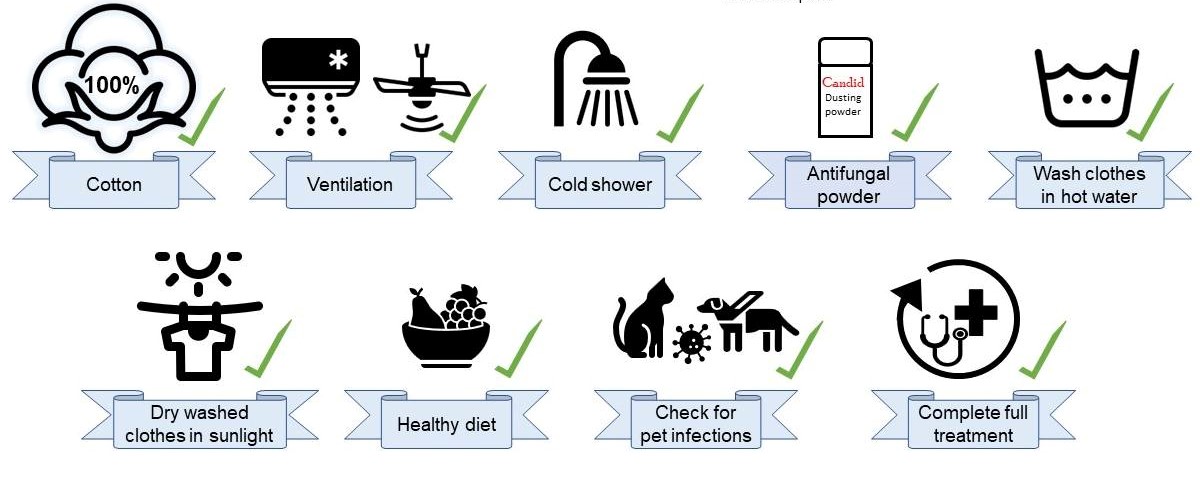
While professional medical advice should always be sought for ringworm treatment, there are some home remedies and care tips that may help alleviate symptoms and prevent spread:
- Always keep the affected area clean and dry to discourage fungal growth.
- Avoid sharing personal items such as towels, clothes, or hairbrushes.
- Wear loose-fitting clothing to reduce friction and irritation.
- Use antifungal powders or sprays on feet to prevent athlete's foot.
Preventing Ringworm Infection:
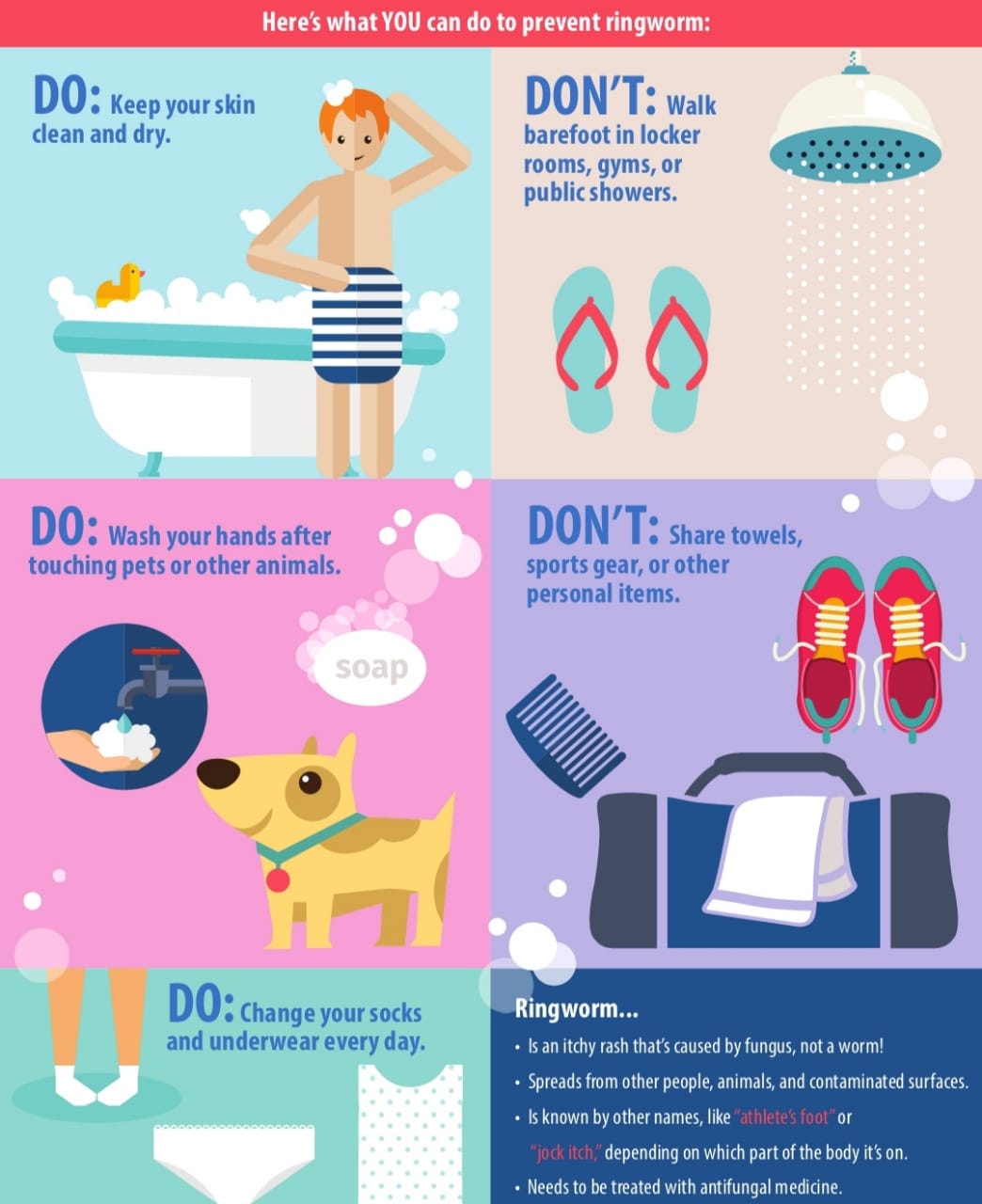
Prevention is essential to avoid ringworm infection, especially in high-risk environments. Here are some preventive measures you can adopt:
- Practice good hygiene, including regular handwashing.
- Avoid close contact with infected individuals or animals.
- Wear flip-flops in public showers, locker rooms, and swimming pool areas.
- Keep your living space clean, especially if someone in the household has ringworm.
- Disinfect shared items regularly, especially if someone has an active infection.


